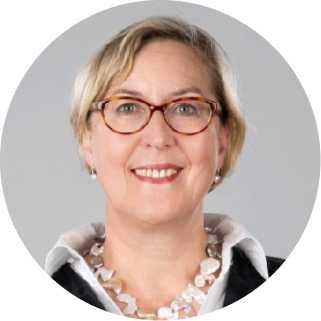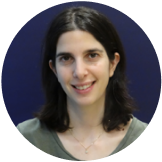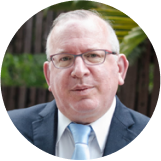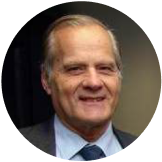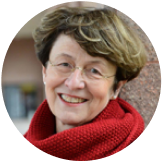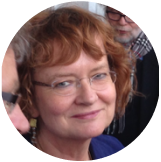Home | Meetings | Upcoming and Past Meetings |Connecting Individuals and Communities in Medieval and Early Modern Ashkenaz
Connecting Individuals and Communities in Medieval and Early Modern Ashkenaz
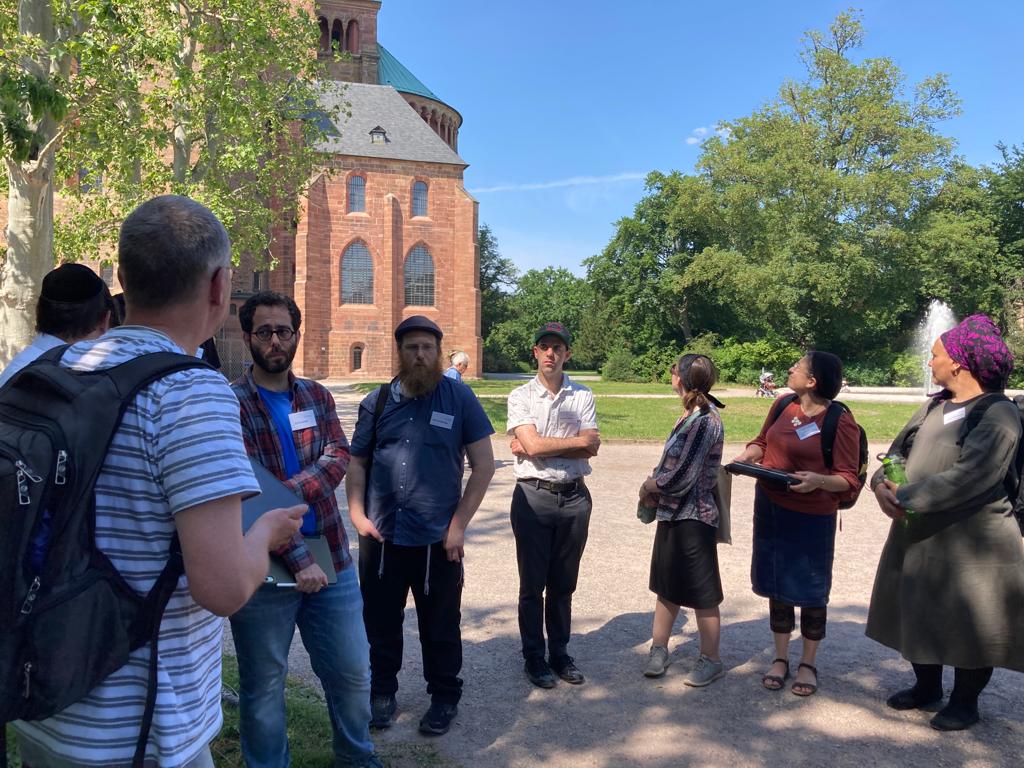
Meeting Details
- 29 May- 1 June, 2023
- Speyer, Strasbourg, Germany and France
Scientific Committee:
- Debra Kaplan (Bar-Ilan University),
- Elisheva Baumgarten (Hebrew University of Jerusalem),
- Lukas Clemens, Christoph Cluse, Stephan Laux (University of Trier, Gesellschaft zur Erforschung der Geschichte der Juden (GEGJ).
GIF Young Scientists’ Meeting: The GYSM (GIF Young Scientists’ Meetings) offer a platform for early-career scientists from Germany and Israel are taking their first steps in academia to meet each other and discuss their ideas with established scientists in their field of research.
Connecting Individuals and Communities: Classic studies of Jewish history in Europe have often focused on the collective experience of Jews as a unit, using the broad conceptual framework of ‘community’ as a ritual and political organization to analyze the experience of medieval and early modern Jews. In parallel, over the past decades, a growing body of research has approached the study of the Jewish past through microhistories, prosopography, and local studies, and thus revealed detailed accounts of individual Jews in specific places that often challenge broader narratives. The two approaches are further complicated by the fact that scholars of Jewish history have varying access, in both linguistic and practical terms, to different genres and archives in Hebrew and Yiddish on the one hand, and in Latin and German, on the other. Our workshop will seek to connect between these ways of studying individual Jews and Jewish communities, and aims to provide tools for bridging the gap between micro-levels of analysis and macro-narratives. We will consider how microhistory can be used to craft metahistorical narratives and how communal situations can help explain personal circumstances. Our focus will be on the broad territories of the German speaking lands (reaching, in terms of Yiddish, into modern-day northern Italy and central Europe) between 1100 and 1750 and on the wide range of sources available for such research.
Location and Format: The workshop will be held in the Rhineland (Speyer) and Alsace (Strasbourg and northern Alsace). The format will include keynote lectures and group study of primary sources led by participants, as well as visits to relevant sites and libraries, where we will discuss sources and methods with a hands-on approach and meet with local experts. Ten participants each from Israel and Germany will take part. Costs of travel and lodging are covered directly by GIF. All food will be kosher/vegan.
Eligibility: The call is open to Israeli and German scholars ranging from doctoral students to early career researchers (up to 8 years after the doctorate) in the fields of medieval and early modern Jewish history. We are encouraging young German and Israel researchers from all disciplines who can relate to the topics raised above in innovative ways. Young researchers who are interested in promoting fruitful German-Israeli cooperation are encouraged to apply.
Application Process: Applications are due December 15, 2022
1. The application includes the following materials uploaded here:
CV and, if applicable, list of publications
2. Two-page description of your research, how it connects to the theme of the workshop, and how you expect to benefit from participation in this program.
3. Doctoral students should have a letter of recommendation sent directly from their dissertation advisor to beyondtheelite@mail.huji.ac.il
4. Postdoctoral and early researchers can either have their advisors or another senior researcher send a recommendation letter directly to the above address; alternatively, they may include a relevant publication, uploaded to the application link.
Notifications will be sent in late January.




